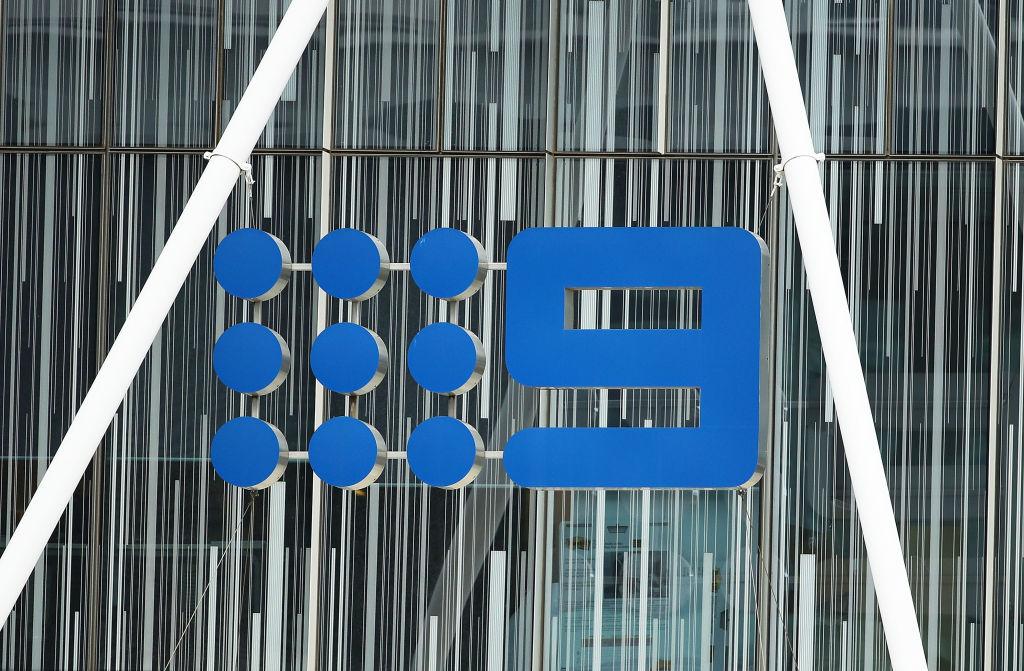The cybersecurity director at the Australian Strategic Policy Institute has said that the cyberattack on the Nine Network on Sunday could have been politically motivated.
Fergus Hanson, cybersecurity director at the Australian Strategic Policy Institute, told Nine that while the attack appeared to be a ransomware attack, no ransom was demanded.





